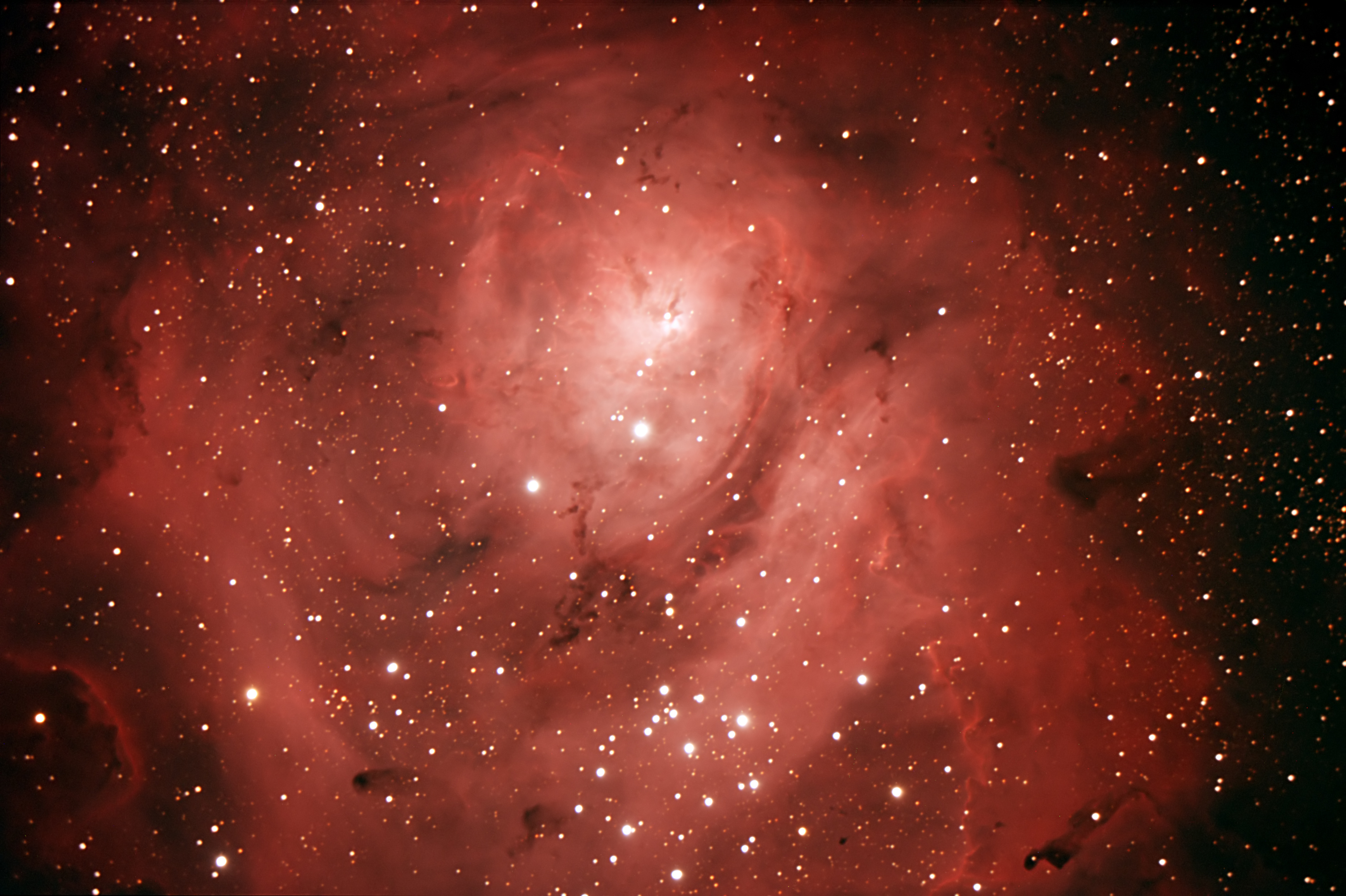Hi! I'm winter delta (WΔ) and here you can find a couple of .csv files. Together they comprise a train and test set primed for machine learning.
Kepler is a NASA satellite-telescope designed to search for exoplanets. It is currently in its K2 phase. From an operational perspective, Kepler conducts campaigns. During a campaign, its camera focuses on one area of space and observes the same region for around 80 days.
Kepler is very sensitive to changes in flux (light intensity). Periodically, data are beamed down to Earth and after a bit of de-noising, they are open-sourced via the Mikulski Archive.
The .csv files are hosted on Kaggle, where a description of the datasets can also be found.
I myself (WΔ) created these datasets in late-summer 2016 and have now open-sourced them. I cleaned/processed them as follows:
- Download the Campaign-3 folder containing
nstar-files. - For each star-file do:
- Transpose PDC_SAP_FLUX column
- Merge row onto
df
- Merge row onto
- Transpose PDC_SAP_FLUX column
At the time of cleaning, 'it was felt' that Campaign-3 was unlikely to contain any undiscovered exoplanet-stars. Therefore, all stars (i.e. all rows) which were not confirmed to host an exoplanet, were labelled with a 0. This is over 99% of the observations :-( . This project could be renamed as 'A Search for a Needle in a Haystack'.
In total there are 42 observations labelled with a 1, 5 in the test set and 37 in the train set.
Of course, it's quite simple... build a classification algorithm! What has been tried so far:
- 1-D CNN in Torch7
- XGBoost in R
- PCA in Python
None of these angles have provided strong results so far.
Plausible Future Strategies:
- Data Augmentation:
- Since the observations are time series trends, perhaps systematically shifting rows and adding noise could generate additional realistic (albeit synthetic) trends.
- Deep Autoencoders:
- Clustering, i.e. unsupervised learning, might shed light into new angles to take.
On download, the datasets are unnormalised.
